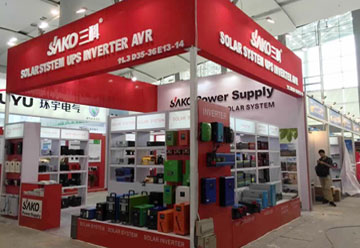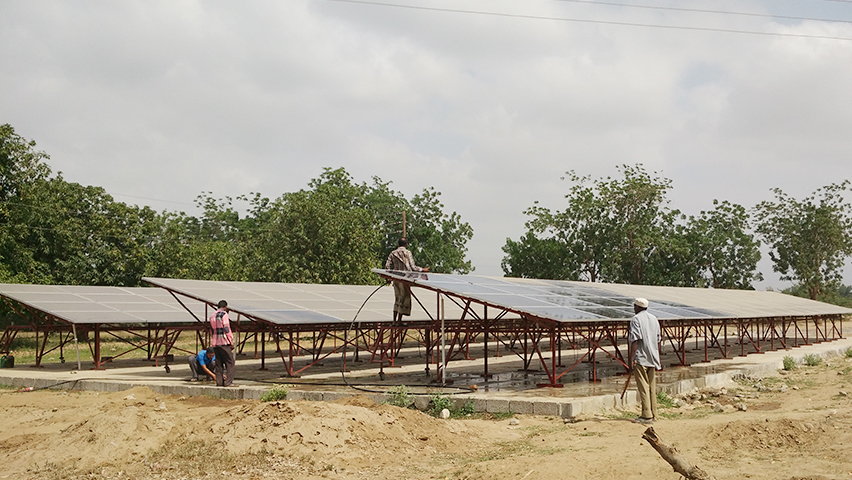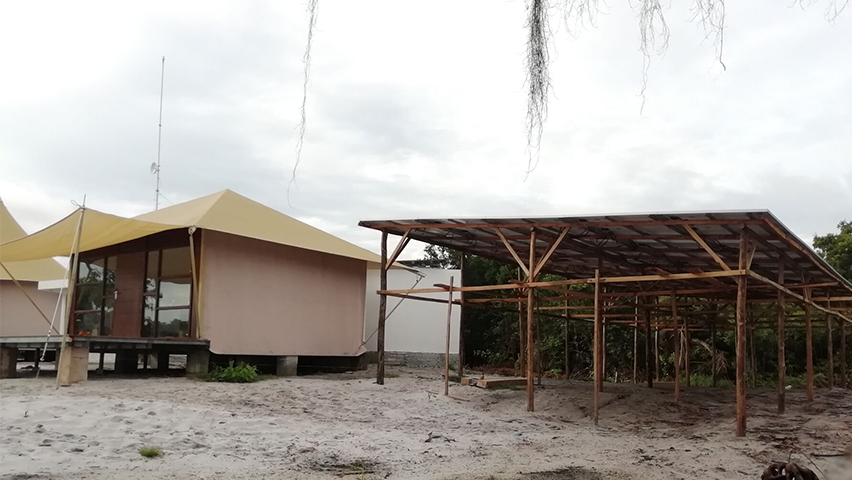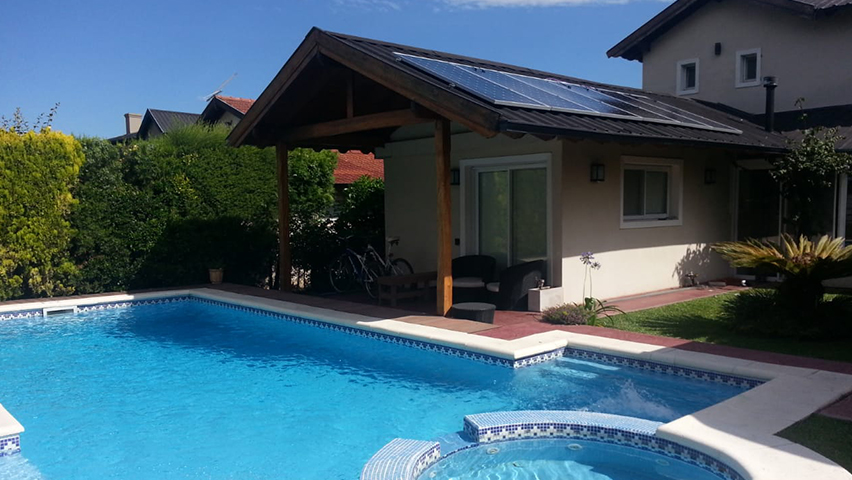There are many options for solar inverters and battery options to go with them. In this article, learn about the benefits of lithium over other battery types and how it can make your solar inverter last longer!
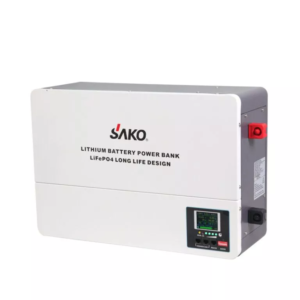
What is a Lithium Battery 48V?
A Lithium Battery 48v is perfect for solar-powered applications. They are lightweight and have a high energy density, which means they can store a lot of power. This makes them the perfect choice for applications that require a lot of power, like solar inverters.
How do solar inverters work?
A solar inverter is a device that helps to convert the direct current (DC) from your solar panels into alternating current (AC) for use by your home’s electrical system. Solar inverters are typically composed of three main parts: a DC-to-AC inverter, an AC-to-DC converter, and a power conditioning unit.
The DC-to-AC inverter works to convert the direct current from your solar panels into an alternating current. The AC-to-DC converter then takes this alternating current and converts it back into DC so that it can be used by your home’s electrical system. Lastly, the power conditioning unit ensures that all of this electricity is delivered in the correct voltage and amps for use by your home’s electrical system.
What are they made of?
A lithium-ion battery is a type of rechargeable battery made from a composite material that uses lithium ions as the cells’ primary energy storage unit. They offer many advantages over traditional lead acid batteries, including higher discharge rates, longer life spans, and reduced weight. In solar applications, lithium ion batteries can provide the highest level of reliability due to their ability to store large amounts of energy for extended periods without suffering from degradation.
What is the difference between silicon and lithium batteries?
Lithium ion batteries are the future of solar inverters. They offer several benefits that make them a better choice than traditional silicon batteries. Lithium ion batteries are more durable, have a longer lifespan, and can handle more discharge and charging cycles than silicon batteries.
One of the biggest benefits of lithium ion batteries is their durability. Silicon batteries can eventually wear out due to the continuous discharge and charging cycles they undergo when in use as solar inverters. Lithium ion batteries, on the other hand, can last up to 10 times longer than a silicon battery before needing to be replaced. This means that your inverter will continue to function for longer periods without having to be replaced or repaired.
Lithium ion batteries also have a longer lifespan than silicon batteries. A lithium ion battery will typically last between two and five years while a silicon battery will only last around two months before it needs to be replaced or repaired. This means that you will not need to replace your inverter as often if you choose a lithium ion battery over a silicon battery.
Another advantage of using lithium ion batteries over traditional silicon batteries is their ability to handle more discharge and charging cycles. Silicon batteries can only withstand around 100 charge and discharge cycles before they start to fail, while lithium ion batteries can withstand up to 500 charge and discharge cycles. This means that your solar inverter will last longer regardless of how often it is used if you choose a lithium ion battery over a traditional
If you are interested in lithium batteries for inverters, the SAKO lithium battery 48v is a good choice.

